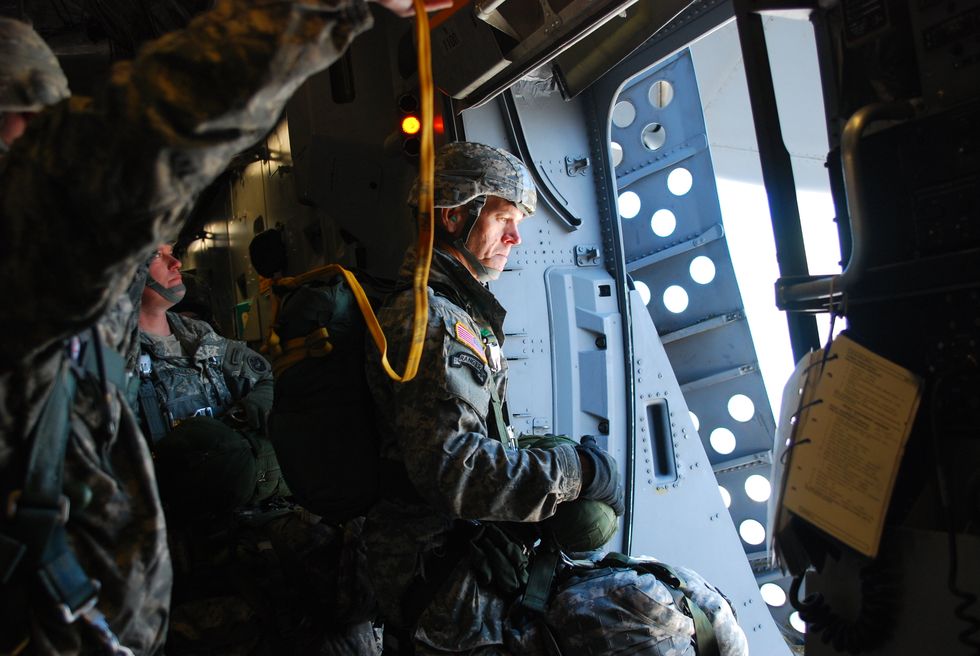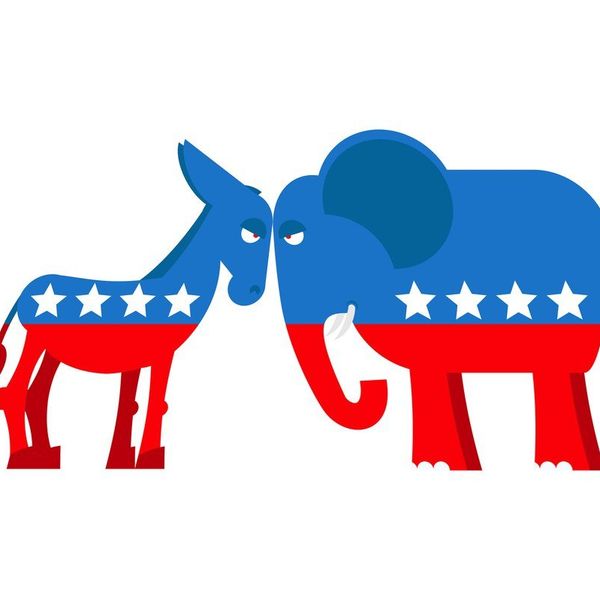Addressing a group of US governors last February, President Donald Trump remarked, “When I was young, in high school and college, everybody used to say we never lost a war... now, we never win a war." While Trump is often criticized by factions of the liberal media for his overreaching and exaggerated commentary, there does exist some truth to this statement. While the US can still successfully wage "traditional-style warfare" in which the military is engaged in conflict with a clearly established foreign military force, it has yet to master the art of war against smaller, less organized groups within foreign nations, also known as insurgents.
With the United States currently entangled in a series of foreign conflicts against insurgent groups in countries such as Syria, Iraq, and Yemen, the President and Congress have long been pursuing a victory against terrorists and other insurgent groups within these states. Unconditional victory, however, may be an almost impossible goal given the current standing of our military. Since 1945, the United States of America and her allies have been engaged in five major military conflicts: the Korean War, Vietnam War, Gulf War, Iraq War, and the War in Afghanistan; the only definitive victory achieved out of these five conflicts was the Gulf War in 1991 during the presidency of H.W. Bush.
Legendary Prussian general and military theorist Carl von Clausewitz argued during the early 19th century that war was simply the continuation of politics by other means. Essentially speaking, this means that war is not simply slaughter and the grabbing of land but the achievement of political goals through alternative methods. Wars preceding 1945 ranging from the gargantuan Second World War to the comparatively minuscule Quasi-War have all pitted nation against nation, making them a matter of simple international politics. Examining the military engagements by the United States between 1776 and 1945, one can notice that the United States is very good at these sort of engagements. The problem today is that nearly 90% of ongoing wars are civil wars, conflicts that oftentimes involve various insurgent groups with the government facing issues of legitimacy. It doesn't come as a surprise then that the three longest military engagements in United States history, Vietnam, Iraq, and Afghanistan, have all been complex civil wars involving a plethora of fighting parties.
The very "Achilles heel" of the United States today that holds us back from definitively securing victories in war is a lack of cultural understanding. Coming out of the Second World War and reinforced by the fall of the almighty Soviet Union, the United States, a once distant isolationist state, became a superpower possessing not only the best-trained but the most powerful military in human history. With Washington growing interested in the idea of intervention, it began to initiate military actions in far-away states such as Vietnam and Korea. The problem is, the American state's primary strategy for military success has long been the use of superior technology and big-unit tactics. While this strategy was highly successful when waging traditional-style warfare, the trouble comes with the prominence of a different kind of a war.
One of the key struggles, when engaged in a conflict with insurgents, is that the military cannot clearly identify hostiles. Unlike traditional-style interstate warfare in which military intelligence is well aware of what the enemy looks like and where the enemy is located, in a counterinsurgent-war situation, the enemy is hiding amongst the civilian population. With hostiles oftentimes indistinguishable from civilians, the government's go-to cards of superior technology and big-unit tactics are left unplayable.
In order for the United States to see eventual success in the war against insurgents, it must cease the fatal flaw of wishful assumptions and cultural ignorance. While the White House, Capitol Hill, and Pentagon may convince themselves that it is not necessary to rebuild and stabilize a nation during/after a war, this a pitifully mistaken ideology. As the Marshall Plan and Truman Doctrine did for Europe following the Second World War, much more must be done in these suffering nations than a hailstorm of fire and multitudes of American troops. Beyond realizing what must begin, there must also be amended to how the United States approaches cultures during a war. At the height of the Iraq War in 2006, only six of the one-thousand US Embassy staffers in Baghdad were versed in Arabic. Such ignorance must cease in order for effective warfare to be waged. Future Presidents, as well as any other future leaders in government and military, must realize and accept that until the United States learns to become culturally understanding and realizes the needs of foreign nations during a war, the nation will forever be stuck in the hellish cycle of decades-long wars with no clear end.

















